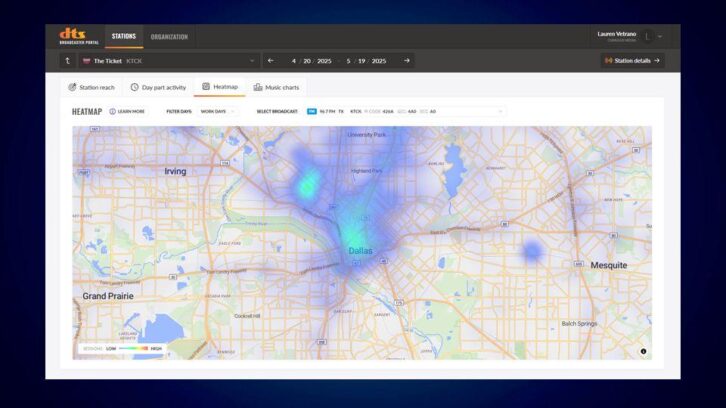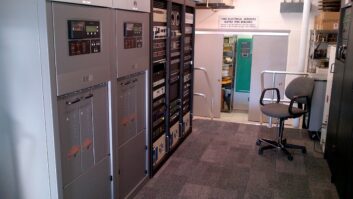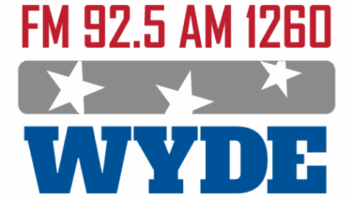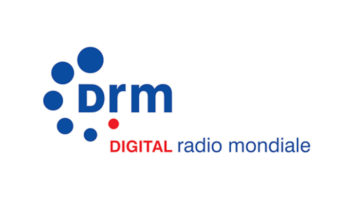A prominent industry advocate believes that radio advertising in the United States has a “historic” opportunity if it can combine the benefits of FM geotargeting with new analytics that give insight into listener behavior in cars.
According to Pierre Bouvard, an analysis by Cumulus Media/Westwood One’s Audio Active Group indicates that a growing number of marketers are seeking geotargeted advertising solutions, including through FM radio boosters.
Bouvard is the group’s chief insights officer. He wrote in a blog post that the ad community is becoming more familiar with the technology called ZoneCasting. And he believes that combining geotargeting with analytics that are available to stations through Xperi’s DTS AutoStage platform creates an important opportunity for advertisers and stations.
Details
In the advertising realm, geotargeting means seeking out an audience for a campaign based on their location.
We have reported on the use of ZoneCasting, the technology from GeoBroadcast Solutions that allows an FM station to use boosters to serve subsegments of its signal footprint. The FCC last fall decided to allow stations to originate unique programming on such boosters, including ads, for three minutes per hour.
So far, five broadcasters including Bustos Media have filed for 21 new boosters, including in Seattle, Las Vegas and other markets in Utah, Nevada and Mississippi, with more expected to follow.
Bouvard writes that an Advertisers Perception study conducted last September found that 39% of advertising marketers or agencies will either start to spend, or spend more, in radio advertising given the ability to geotarget their ads.
The study found that 41% of advertisers and agencies say they are “very interested” in the ability of radio to deliver geotargeted ads over the air through ZoneCasting. Advertiser interest has doubled since 2020, the study said.
Potential selling point
Bouvard cited a study by Nielsen’s Mike Katz of consumer auto dealership preference in several radio markets. It showed a wide variation of auto dealers that consumers would consider within a metro, and it found that one-third of Americans could not name a preferred auto dealer.
That’s a “tremendous” opportunity for geotargeting, Bouvard said.
He also pointed to a 2023 Borrell study that found that geotargeting is the most effective advertising strategy for small- and medium-sized businesses. And he cited research that auto dealer sales are most effective when geotargeted digital solutions are paired with radio ads.
However, a persistent challenge has been creating data points that show where listeners in the car are most prevalent.
This is where the DTS AutoStage platform from Xperi comes in, Bouvard wrote. So far, AutoStage is enabled in approximately 10 million cars, according to data from Xperi.
As we have reported, the hybrid radio system provides “heat maps” showing driver activity of cars equipped with the technology.

The location-based heat maps allow stations to see exactly where pockets of listenership are most prevalent.
In turn, this could provide data for ad agencies for their targeted campaigns. Bouvard called this “a historic first.”
“Now AM/FM radio stations can show local advertisers the geographic tendencies of their audience and how they align with their retailer’s location footprint,” he wrote.
Bouvard’s key takeaways are available in a 12-minute video from the Cumulus Media/Westwood One’s Audio Active Group that you can watch below.







